Philadelphia University Textile Design alum of 2012, Leah D’Ambrosio, is one of the expert panelists for the New York Textile Month Hudson Valley Carbon Farm Tour. This tour takes place on September 25th, from 1-5 pm, at Little Creek Farm Alpacas in North Salem, NY.
There, the panel will discuss methods of textile production that regenerate rather than deplete the land’s resources. Among other things, they will discuss the connection textiles have to healthy soil, animal management, and the beneficial sourcing of materials.
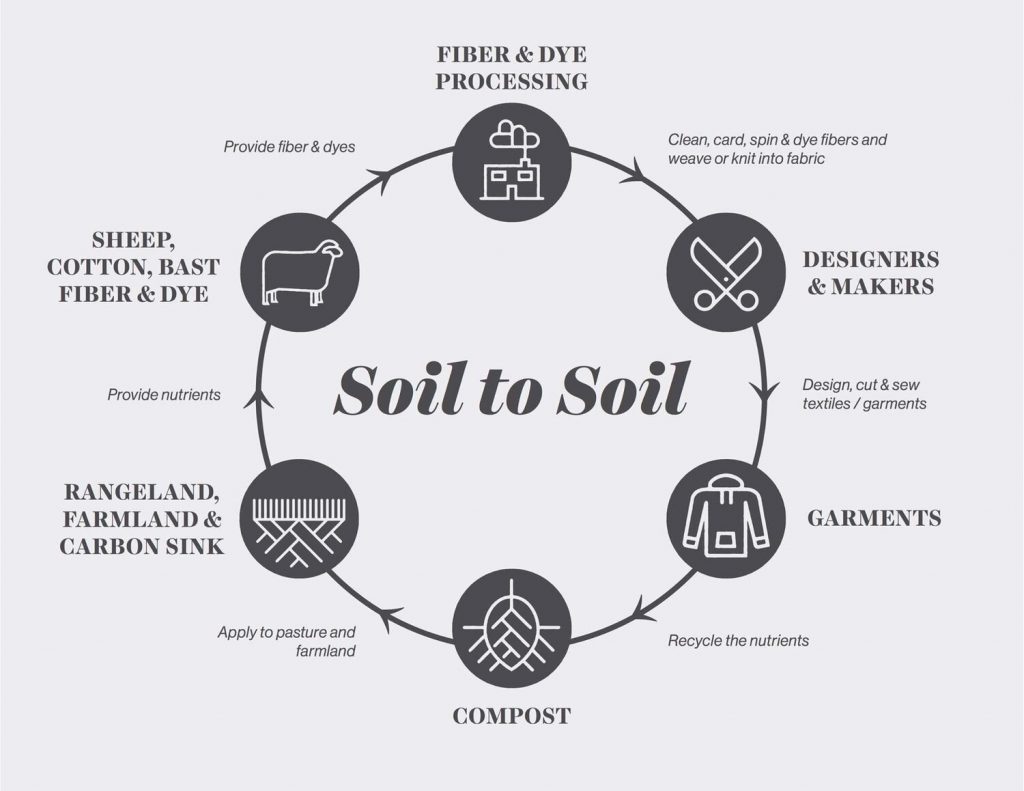
Leah is the founder and designer behind Wol Hide, a knitwear company that prioritizes minimal chemical processing for a product that is as good for the wearer as it is for the environment. Leah describes her involvement with climate beneficial yarn in her own words.
“I started working with this climate beneficial yarn last fall and am so thrilled to be able to support the work that goes into this yarn. When I started Wol Hide and was doing most of the knitting myself, I worked with small domestic farms and this is something that I’ve always wanted to get back to. There were many challenges that year but I finally found a factory that was a good match. I also found Laura Sansone at NYTextile Lab who was creating this beautiful, bio-regional, climate beneficial yarn. Laura works with small farms in NY state, and through Fibershed, the farms sign up for the climate beneficial program and make adjustments to their farming practices. The soil is measured incrementally to determine if the practices are drawing down more carbon and once they get to a certain level, they can be certified climate beneficial. Regenerative agriculture is not a new concept. It is the way farming was done by indigenous people a long time ago. Bringing these ideas back into practice is imperative for improving the health of our land and fighting climate change. Not only is this yarn working to improve our regional land, but so is the work Laura is doing: building a network for a regional supply chain of textile makers and growers. She is connecting local farmers to spinning mills and designers and as a result, I can build a deep connection to the product I’m creating. This is a vision of Fibershed, to create regional textile systems where farmers work with crops that thrive on their land and can connect to producers who can use their crops, and all the steps along the way in production.One of my favorite pieces is the Wol Hide Sweatshirt Sweater. It’s designed to be a lifetime sweater that highlights the fiber. It’s made to last from the quality of wool and alpaca to the quality of knitting and finishing. The yarn is not dyed and the colors change slightly year to year based on the animal’s fiber. I love this subtle variation and think it’s such a special part of the story. We’re hoping to expand our offering in this yarn next year into more styles.”
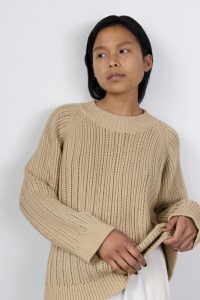
Join us in celebrating Leah’s success as a designer and a contributing member in the fight against climate change. I hope you are as inspired by her vision as we are. If you are in the area, please check out the Carbon Farm Tour on September 25 from 1 – 5 pm at Little Creek Farm Alpacas in North Salem, NY.


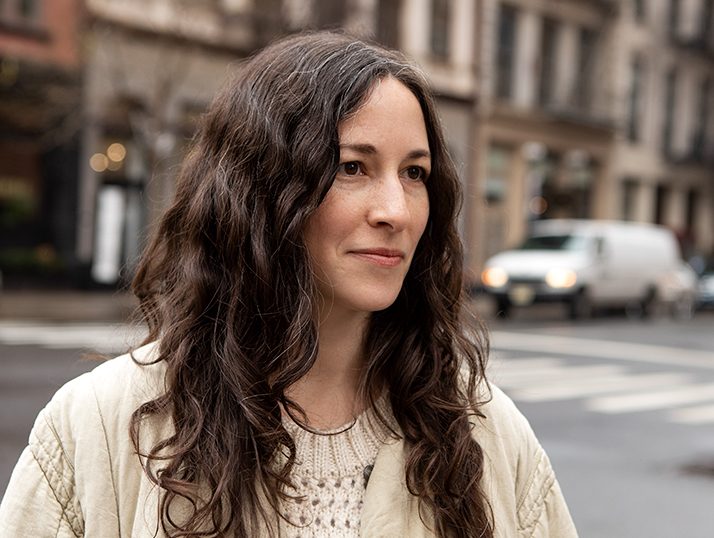
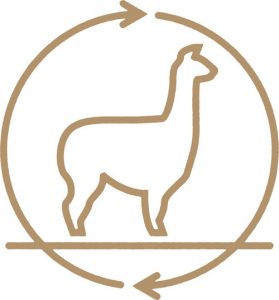

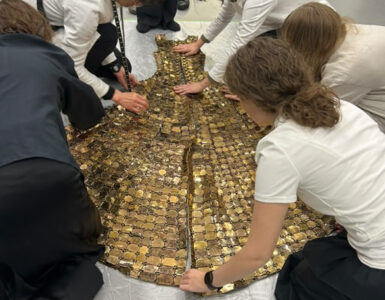
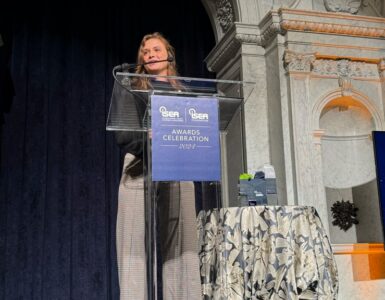

Add comment